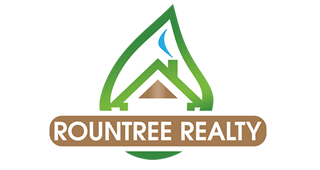Did you know? Experian became the first credit reporting agency to add on-time rental payments to its database. Rental payment data being added to credit files can potentially help renters become homeowners and we can only hope the other credit agencies will follow suit. For many Americans establishing credit can be difficult because many credit card companies and retail stores are not approving credit applications as easily as in past years. Potential buyers are now going to see they will have a credit score and hopefully help them achieve a lower risk category too, Experian says. “Consumer financing rapidly changed during the economic upheaval, and regulatory changes forced lenders to tighten the standards for the underwriting process,” says Genevieve Juillard, president of Experian Consumer Information Services. “This excluded many Americans from the opportunity to attain credit due to a limited or no credit history. Residents who pay their rent on time month after month should be rewarded and not overlooked simply because they rent instead of own the place they call home.”
Experian recently conducted an analysis to determine how the new rental information has aided consumers’ credit files. The study shows that the addition of rental history on a subprime mortgage moved the participant up at least one higher(or less risk) by the addition of the newly added field. What does this mean for potential buyer? It means more affordable credit and additional credit opportunities.
To read more about the lead being taken by Experian click here>>>>>>Experian-rentbureau-credit-for-rent-analysis
“Real difficulties can be overcome; it is only the imaginary ones that are unconquerable.”
– Theodore Newton Vail U.S. telephone industrialist
Source: http://realtormag.realtor.org/daily-news/2014/08/08/study-rental-payment-history-can-help-boosts-credit-scores?om_rid=AAEWoH&om_mid=_BT5TNOB87s9Kmy&om_ntype=RMODaily


